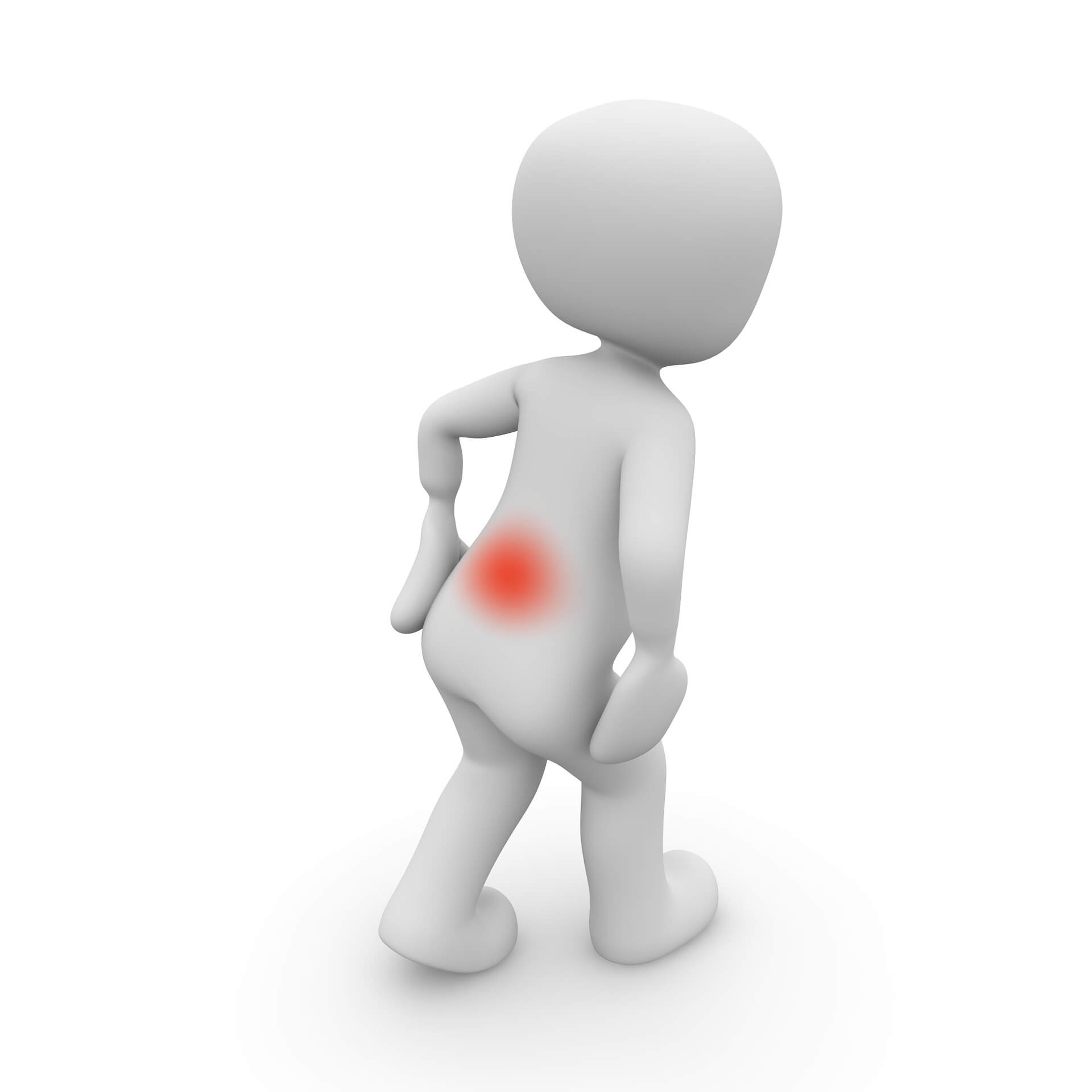How Chiropractic Helps Those That Suffer From Temporomandibular Joint Disorder
TMJ, or Temporomandibular Joint Disorder, is a condition that affects the jaw and surrounding areas. It is often very painful and many people are looking anywhere for relief. People are increasingly turning to other methods than medication or surgery to relieve the pain. Things such as diet or other lifestyle modification may be helpful, chiropractic care has demonstrated to be a viable treatment for TMJ.
Though chiropractors are believed to treat only the spine and neck, this belief is not entirely accurate. Chiropractors treat a most of the joints in your body including the spine, neck, ankles, wrists, knees, shoulders, and yes, even the jaw. Because of how the body operates, the neck and spine are often contributing factors in TMJ pain.
So what is TMJ?
The temporomandibular joint is located on each side of your head just in front of your ears and connects your jaw to your skull. This allows you to open and close your mouth. If there are injuries or problems with this joint of the muscles and ligaments around it, it is referred to as TMJ or TMJD, temporomandibular joint disorders, to be more accurate.
People that have TMJ often experience pain and stiffness on one or both sides of the jaw that may lead to the jaw becoming locked or get stuck in either the open or closed position. The may also be a popping, clicking, or grinding sound in the jaw when chewing, yawning, opening, or closing the mouth. TMJ also comes with trouble chewing and sometimes even swallowing.
The exact cause of TMJ is unknown but it appears to be linked to:
- Arthritis of the jaw
- Trauma to the neck (whiplash)
- Clenching of the jaw as a result of stress
- Grinding the teeth
- Movement of the dis that lies in the joint
How is TMJ Diagnosed?
After taking a detailed history, your doctor will check the joints in the jaw for popping, clicking, or grating sounds while assessing the jaw and surrounding areas for pain, tenderness, or stiffness. Depending on the jaw and its ability to function, the use of x-rays may be a part of your examination.
After finding the cause of the TMJ, your doctor may offer certain treatments and recommendations that will help. Medication is one option to help the patient relax as well as a night guard or splint. Another option is to use manual therapy, like chiropractic care, to treat the alignment and function of the joint.
Chiropractic Care for TMJ
Chiropractic for TMJ is a very effective method for treating the condition and is not only common, but very effective. Because TMJ is often affected by the neck and spine as well as the muscles surrounding it, the chiropractor may perform neck or spine adjustment as well as adjustments to the jaw and muscle work.
Nothing in the body exists in isolation as the body operates as a whole. This is the reason that your chiropractor may recommend lifestyle and diet modifications to help your condition. These recommendations also offer the patient the opportunity to treat the whole body as opposed to just one area. The use of cold or hot packs to the area, supplements, and exercises that are designed to lessen the pain in the jaw may be recommended. Chiropractic is a safe, effective, and non-invasive treatment for TMJ.
Do if you or a loved one have ever been diagnosed or experience pain in the jaw and surrounding area, give us a call. Our Doctors of Chiropractic are here to help you get out of pain and back to your life
Recommended Reading
4 Ways Chiropractic Can Help Those That Suffer From Fibromyalgia
4 Ways Chiropractic Can Help Those That Suffer From Fibromyalgia One of the most common chronic pain conditions in the United States is fibromyalgia with an occurance of up to [...]
Chiropractic preferred for disc problems
Chiropractic preferred for disc problems People going to chiropractors for spinal disc problems has been increasing and for good reason. More and more research has shown the effectiveness of chiropractic [...]
How Chiropractic Helps Those That Suffer From Temporomandibular Joint Disorder
How Chiropractic Helps Those That Suffer From Temporomandibular Joint Disorder TMJ, or Temporomandibular Joint Disorder, is a condition that affects the jaw and surrounding areas. It is often very painful [...]



